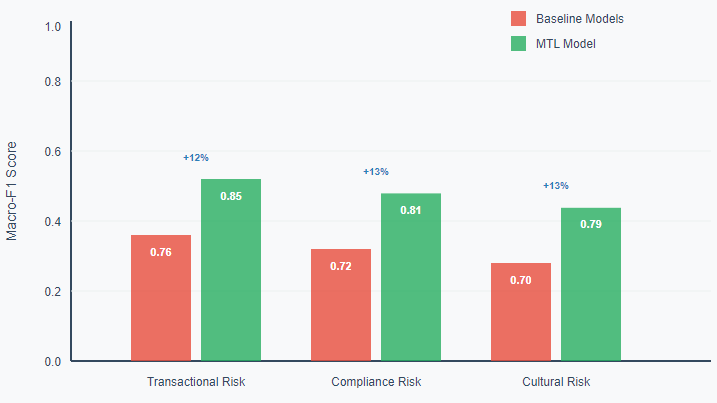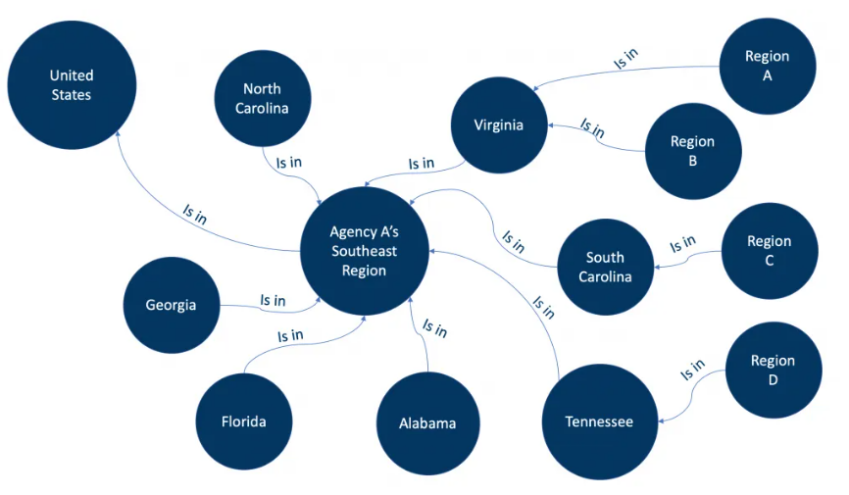

Volume 189
Published on October 2025Volume title: Proceedings of The 6th International Conference on Signal Processing and Machine Learning

As global digital cultural trade expands, cross-border transactions face increasingly complex multidimensional risks, including policy compliance, cultural semantic adaptability, and transactional uncertainty. Traditional single-task risk assessment models struggle to capture these interrelated factors holistically. To address this gap, this study proposes an intelligent risk assessment framework based on multi-task learning that integrates heterogeneous data sources, including transactional records, policy documents, and cultural annotations. The model leverages a shared encoder and task-specific decoders to jointly predict three types of risks. Experiments conducted on a multimodal dataset collected from 2020 to 2024 demonstrate that the proposed framework outperforms single-task baselines across all tasks, with an average Macro-F1 improvement of approximately 12%. The cultural semantic risk task shows particularly strong performance in low-resource scenarios. These results confirm the effectiveness of the multi-task approach in enabling cross-task knowledge transfer and provide a scalable AI-driven solution for managing digital cultural trade risks in complex global environments.

 View pdf
View pdf



Rapid population ageing in East Asia is reshaping family risk, especially in “4-2-1” households where one working-age adult bears layered financial and caregiving burdens for two parents and four grandparents. This study develops a composite Eldercare Vulnerability Index (EVI) that integrates health, economic, and social exposures and links it to a three-tier Policy Support Score (PSS) spanning national, provincial/prefectural, and municipal programmes. Using harmonised 2023 micro-surveys from China, Japan, and South Korea (N = 12,437), we estimate country-adjusted effects with Bayesian hierarchical models, validate the index against objective hardship events and caregiver stress, and run counterfactual policy simulations. Median baseline EVI differs across countries and displays heavy-tail heterogeneity within countries. Municipal in-kind services, particularly home-based care hours and daycare vouchers, exert larger marginal reductions in EVI than equivalently valued national cash transfers, with positive complementarities across tiers. Scenario analyses indicate that modest local expansions produce outsized, targetable improvements among high-risk clusters. The framework offers a replicable, policy-sensitive diagnostic to guide multilevel reform in rapidly ageing cities.

 View pdf
View pdf




